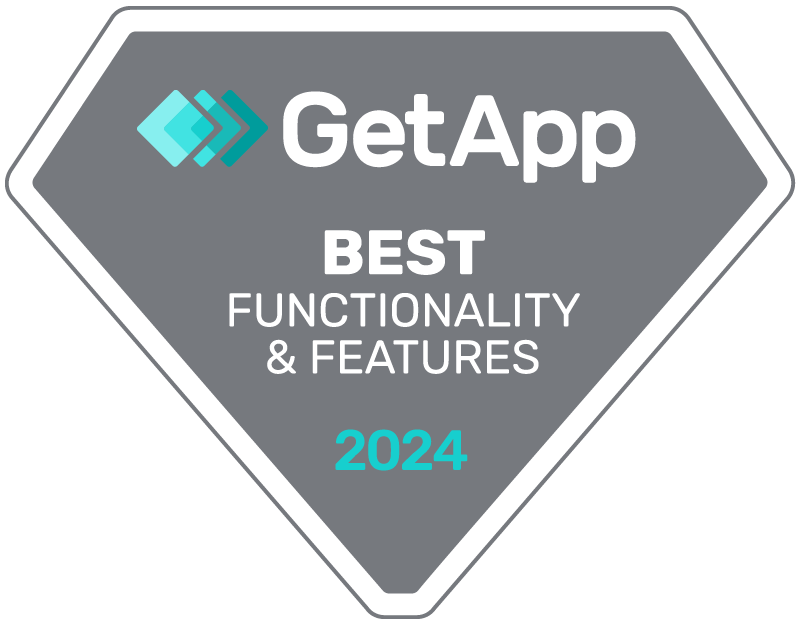Peter Wilde Discusses Five Fears That Hinder the Move to More Regular Employee Listening

Experts and HR leaders acknowledge that the Annual Employee Survey (AES) on its own may no longer be fit for purpose for most organisations. One of the main criticisms is that it is just too infrequent to produce the timely, relevant insights required to drive decisions in today’s rapidly changing business environment.
Another accusation is that annual surveys can be too rigid and inflexible. Most started off as engagement surveys, relying on a framework of standard questions and benchmarks designed to assess the level of engagement among the workforce. And in general, they have stayed true to this original format.
With more regular listening programmes that encompass more frequent surveys, including shorter pulse surveys and real-time and event-driven feedback, you can build up a more current and holistic picture of employee engagement and attitudes as they evolve. And advances in feedback technology mean it is easier and less expensive to collate this kind of data and join it up to deliver meaningful insights quickly in order to speed decision making.
Some forward-looking organisations have already made the move to more regular listening. But many have been slow to make the transition. They are held back by a set of common fears and concerns about adopting more regular employee listening:
Myth 1: “If we have to do four surveys a year instead of one annual survey, it’s going to cost four times as much”
Traditional annual surveys have a reputation for being a resource-heavy, time consuming chore, often characterised by paper-based processes and involving extensive use of external suppliers. But that’s not the case anymore. Today’s survey platforms make employee listening much more cost-effective, allowing budgets to go further than ever before. It is over-simplistic (and just plain wrong) to think there is this kind of direct linear relationship between the number of surveys and the cost. Running X more surveys will not cost X times more. And you will get significantly more value from your listening strategy than relying solely on a single annual survey.
Myth 2: “The CEO relies on the employee engagement score so we can’t move away from the AES”
Over the years business leaders have come to rely on the annual engagement score as an essential measure of the commitment and motivation of the workforce. But the truth is that with more regular listening, you can still benefit from tracking engagement scores – only on a more frequent basis.
Plus, you’ll be able to give the CEO a wider range of more timely numbers that are both meaningful and actionable. And aside from the numbers, you’ll uncover qualitative insights that explain why employees are feeling the way they do, particularly if you use text analytics to understand the answers to open questions.
Myth 3: “We simply don’t have the additional time and resources to run employee surveys more than once a year”
The truth is that technology makes running employee surveys easier and less time consuming. Much of the “grunt” work – and certainly the manual administration – has been driven out of the process of running the surveys, collating the results and presenting the findings. With the help of easy wizards and drag and drop features, survey platforms have also removed the technical effort.
All this means that HRs can free themselves up to focus on only the most important tasks: defining the strategy, developing relevant questions and acting on the results (which today are available the day after the survey closes, rather than weeks later).
Myth 4: “We don’t want to create more work for managers by asking them to run their own surveys”
With teams being recognised as the key component in most organisations today, there is pressure to ensure team managers are given relevant employee data to make informed decisions. Not only are they provided with dashboards to access role-specific insights from annual surveys, but proponents of regular listening want to empower them to launch and run their own team-based surveys.
While it may seem like this is asking too much, most managers see the value of being able to act upon relevant data. Easy-to-use, team-based survey modules make running surveys simple and quick. And because managers and employees today are used to receiving and giving feedback in most aspects of their lives, the opportunity to gather team feedback will be viewed not as another chore – but an integral part of running a successful team.
Myth 5: “Won’t we create problems and lose control if managers are able to run and use feedback themselves?”
Today, everyone has access to free, easy-to-use online survey tools – and many managers have already adopted these. So, providing them with the ability to run surveys within your platform avoids a loss of control. Rather than a confused mass of individual surveys operating throughout the organisation, every survey, including manager-led team-specific surveys, are run through your central corporate survey platform. The HR team and senior leaders will still be able to oversee what is going on, ensure best practice and maintain that everything feeds into a cohesive over-arching listening strategy.
There is a general understanding that supporting the annual survey with a more frequent employee listening programme will create valuable insights to help improve employee experience and engagement. Organisations need to take a closer look at the myths and fears that may be holding them back and realise that the benefits outweigh any perceived issues when it comes to increasing the frequency of employee listening.









